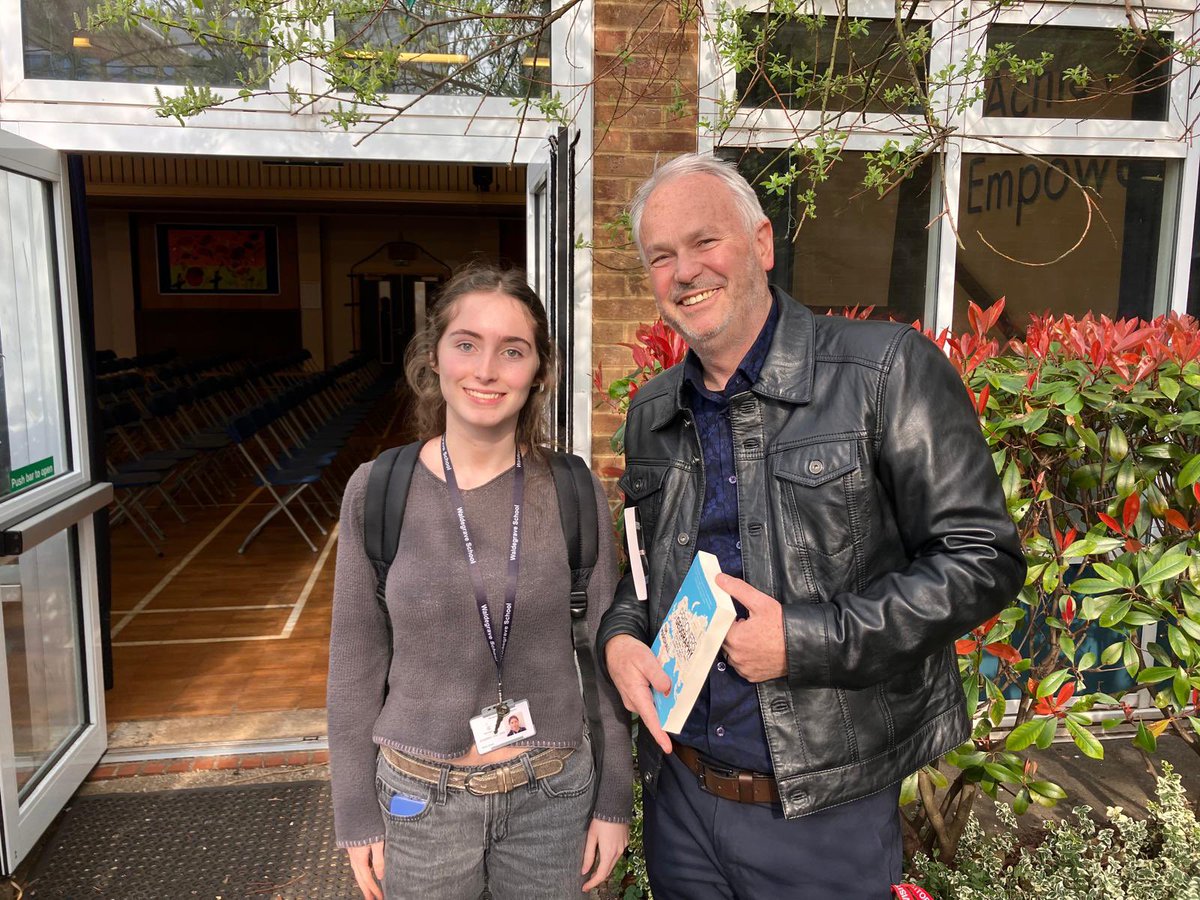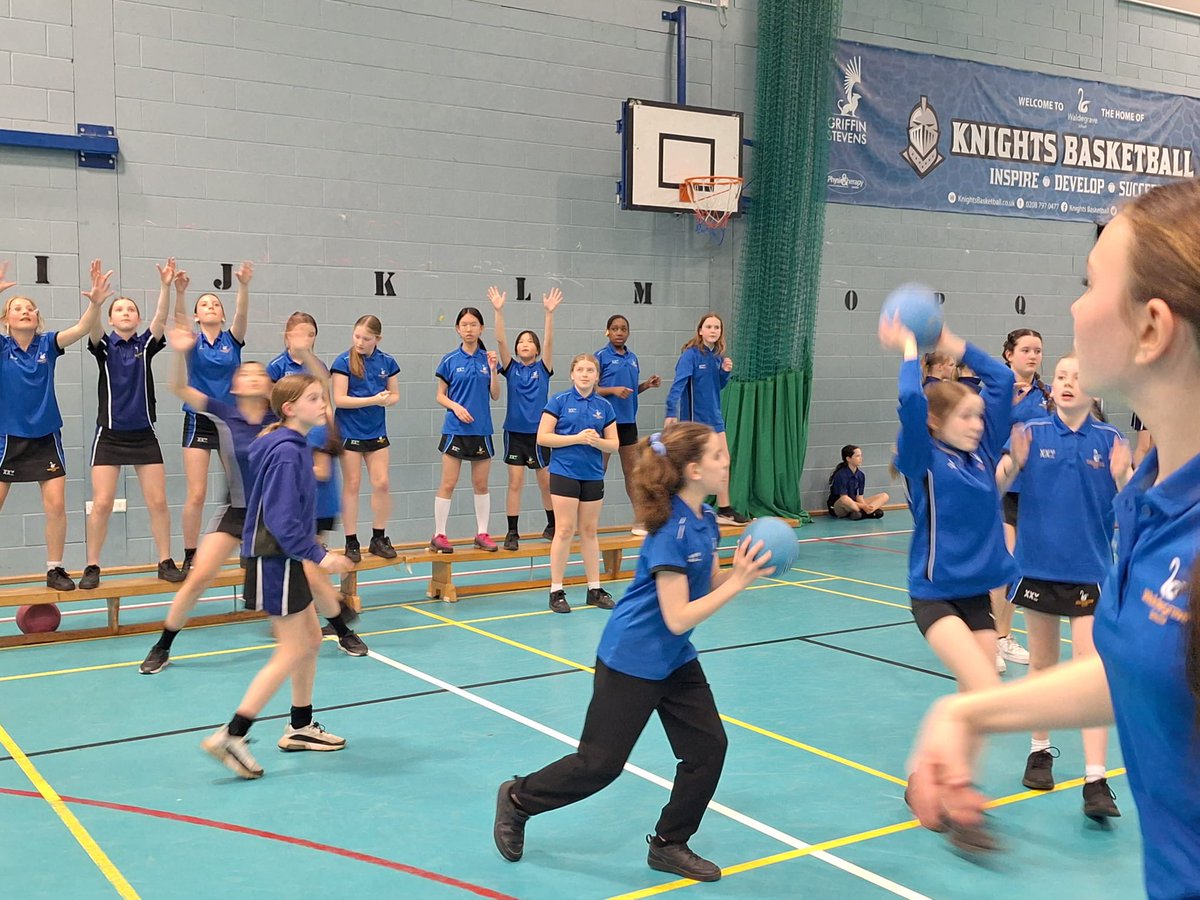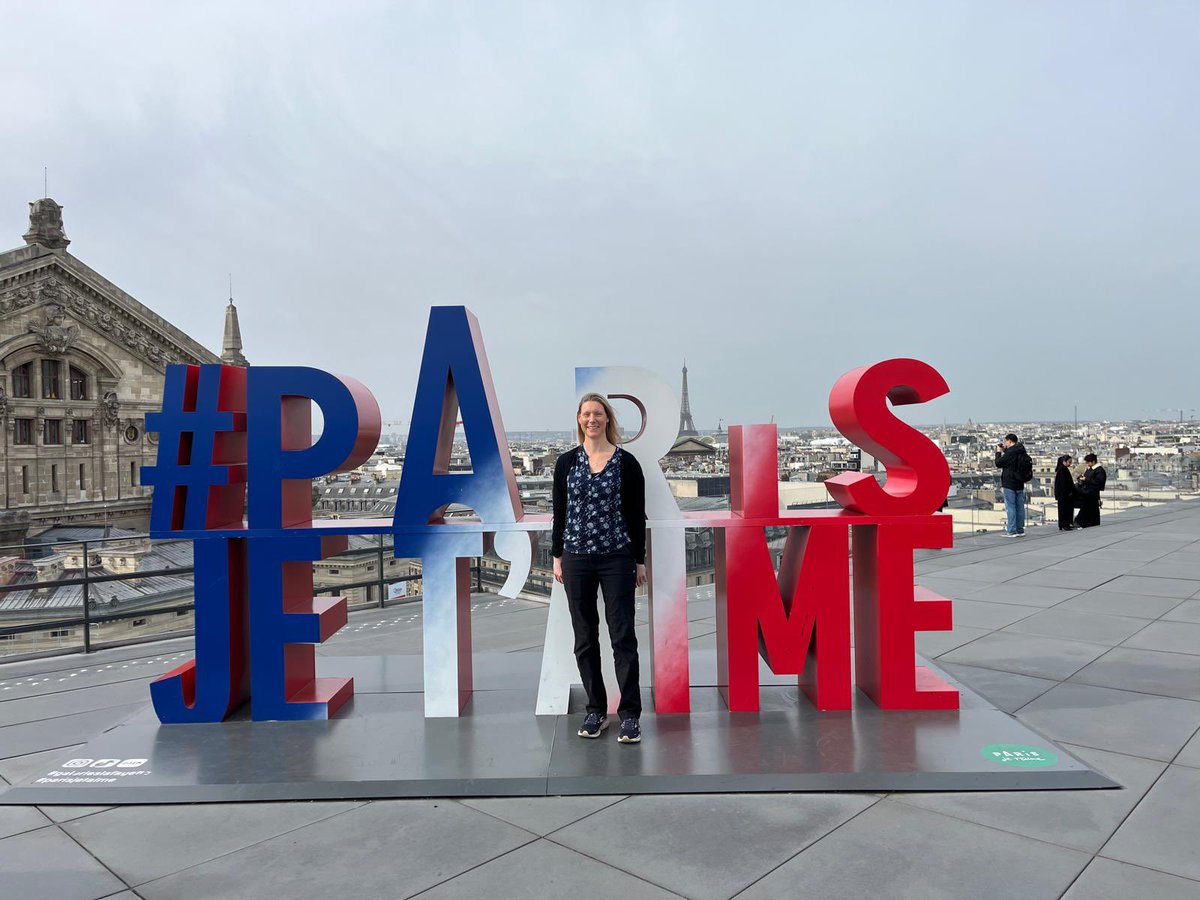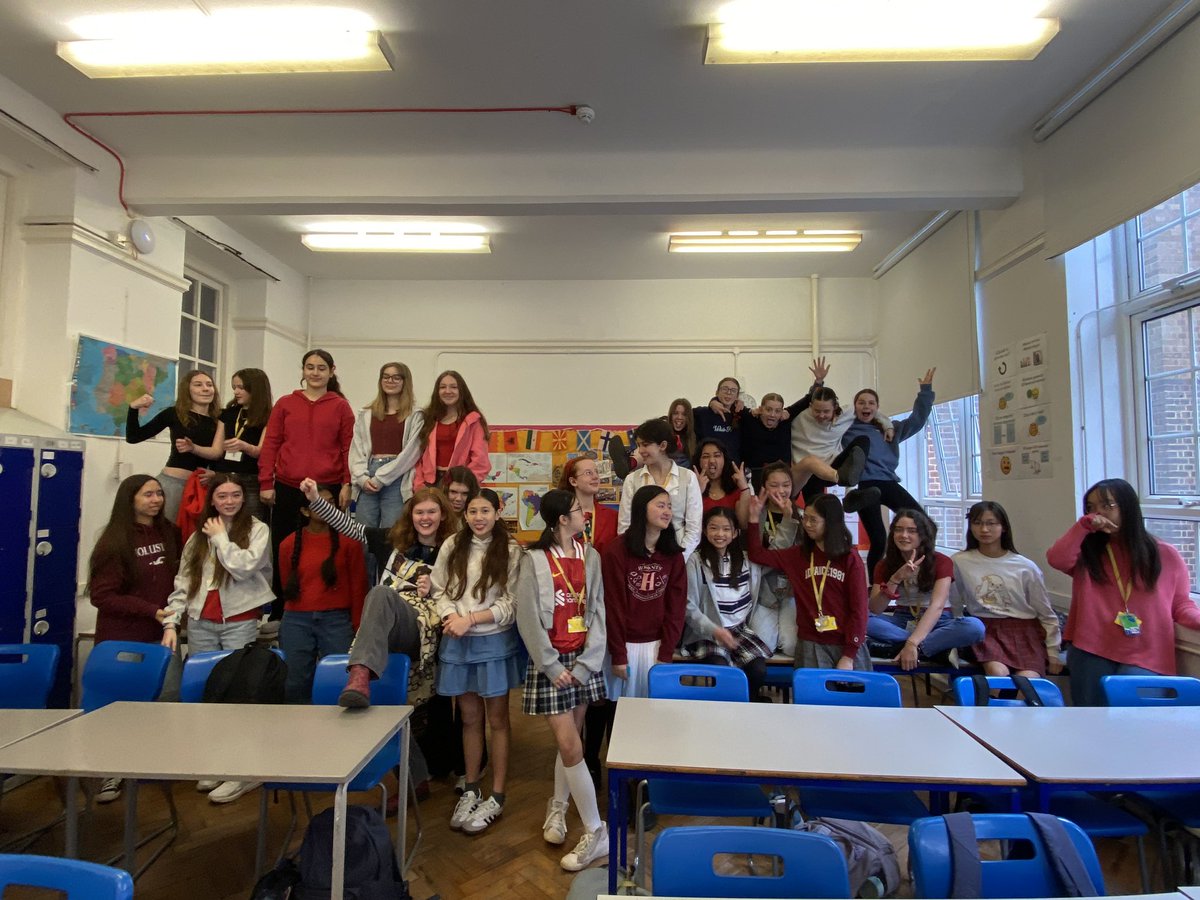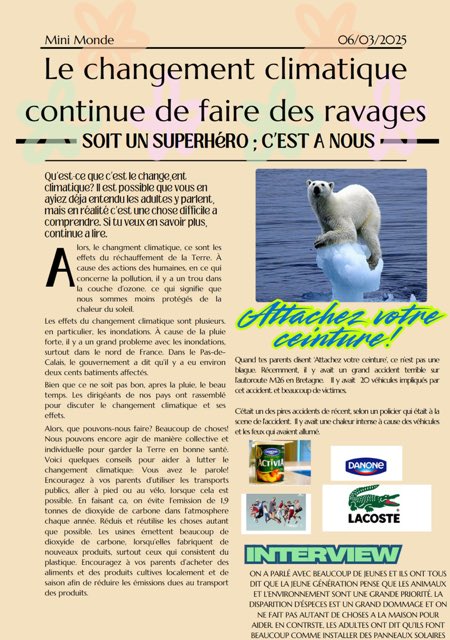Disadvantaged Students
Background
In April 2011, the Government introduced the Pupil Premium Grant which was additional funding given to schools to support pupils from disadvantaged backgrounds by closing the attainment gap between them and their more affluent peers. Government and National documents now also refer to Pupil Premium students as Disadvantaged students. Schools receive a set amount per pupil registered as eligible for free school meals at any point in the last 6 years (known as Ever6 FSM). At Waldegrave any student in Years 7 to 11 whose families financial circumstances change is able to apply for free school meal status and school records are updated during the academic school year to reflect such students as disadvantaged once free school meal status is confirmed. To check eligibility of Free School Meal status please see the Free School Meals application, complete the form and send to finance@waldegravesch.org
Further details of this and other disadvantaged qualifying pupils can be found on the GOV.UK website in the document Pupil premium 2024 to 2025: conditions of grant Schools can decide and are responsible for how the Pupil Premium grant is spent since they are best placed to assess what additional provision should be made for the individual pupils within their responsibility. In doing so funding is strategically aimed at tackling significant barriers to learning for disadvantaged students within the school and wider community context. Waldegrave has embraced the recommendation and guidance through the Department of Education which states ‘Pupil premium is not a personal budget for individual pupils, and schools do not have to spend pupil premium so that it solely benefits eligible pupils’. Therefore at Waldegrave the funding is used to support pupils identified who are or are at risk of being vulnerable in terms of poor attendance to school, disengagement, low aspirations, low self-esteem and confidence, and outcomes that are below expectation.
The primary objective is to use the pupil premium funding to ensure disadvantaged pupils of all abilities are well supported to raise their educational attainment, achieve high outcomes that are at least in line with their more affluent peers and reach their potential. National data shows pupils in receipt of free school meals significantly achieve less well compared to their more prosperous peers. The difference in this attainment gap widens as pupils move from primary through to secondary schooling. The key priority is to reduce this difference in attainment and progress for disadvantaged students from their starting points when compared to non-disadvantaged students nationally with the same starting points, thus securing high achievement and successful outcomes, thereby improving life chances.
Waldegrave School Pupil Premium Student Strategy
Our Waldegrave school values ‘Enjoy, Achieve, Empower’, embodies the culture of the school where each child is valued. We are committed to ensuring the progress, achievement and well-being of all our pupils. To ensure the effectiveness of targeted strategies employed at Waldegrave we refer to the use of educational research via the Education Endowment Foundation’s 3-tiered approach which is line with the Department for Educations ‘menu of approaches’ to help school allocate spending impactfully across the following 3 areas:
- Developing high-quality teaching
- Providing targeted academic support
- Tackling non-academic barriers to academic success
Waldegrave embeds these approaches into our whole school ethos of high aspirations and attainment. All Waldegrave staff are hugely committed to ensuring disadvantaged students are given the same opportunities as their peers through a high quality inclusive educational experience which is designed to meet individual learning needs. Therefore, it is important to recognise that high expectations, great teaching and learning, excellent pastoral care, and strong academic resilience are strands that build the fabric of school life at Waldegrave for all pupils, and through this all pupils including disadvantaged students can reach their full potential irrespective of background or disadvantage.


